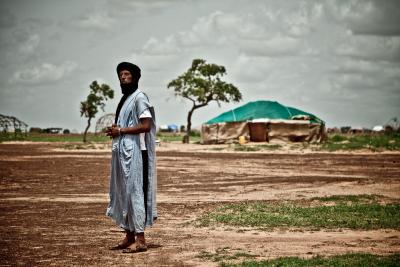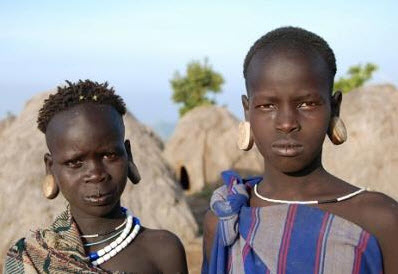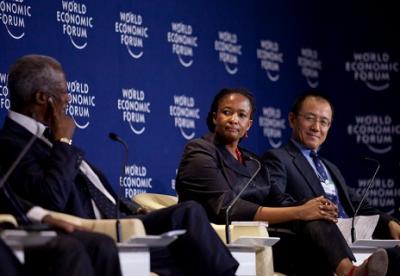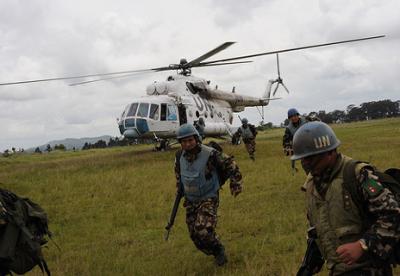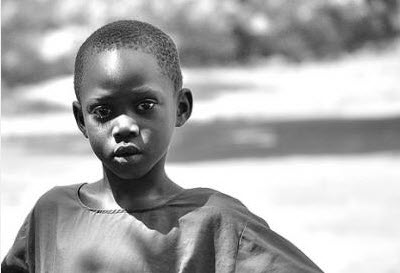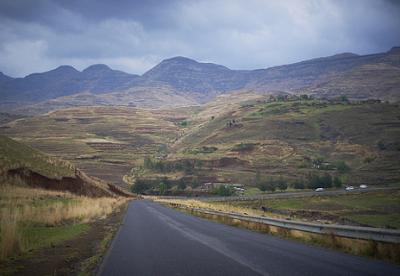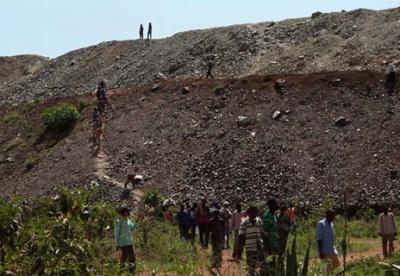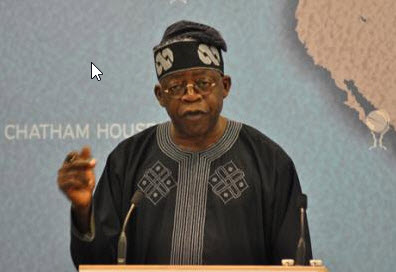Secrecy Savannah: Is Kenya being Shaped into Africa’s Flagship Tax Haven?
$21-32 trillion has been siphoned off into tax havens, and now there is evidence to suggest the City of London is trying to make Kenya the world’s next tax avoidance hub.
By Martin Kirk, Blessol Gathoni
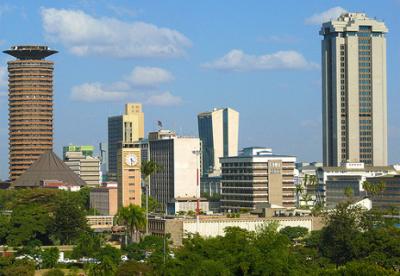
If anyone doubted the sheer scale of corporate power and the importance of tax havens to it, they had the unedifying spectacle of Tim Cook, CEO of Apple, to enlighten them last month. In already infamous evidence to a US Senate Committee, Cook demonstrated that the international tax system is broken and big corporations are the last people to fix it. He said outright that he won’t consider repatriating the staggering $100 billion they have hoarded offshore if it means paying standard US corporation tax.
This is just businesses doing what businesses do. Apple are not going to voluntarily take on extra costs, regardless of moral argument, when they do not have to and their competitors are not. The problem is structural, not individual. This is why, if the tax-avoiding instincts of companies like Apple – along with Glencore, Google, Starbucks, and in fact most large multinationals – are to be neutralised, the only thing to do is tackle the system of tax havens that makes every individual example of avoidance possible.
The imperative is overwhelming. Tax havens exist for one purpose only: to provide a way for the rich to get around the taxes that pay for the infrastructure and services on which we – and they – rely. Tax havens have become, over the last 30 years, a key driver of vast inequalities around the world. The system has grown so big that it is now an arterial drain on public budgets everywhere. According to James Henry, ex-Chief Economist of McKinsey, somewhere between $21 and 32 trillion has been siphoned away from the mainstream economy through these means.
Kenya: a future tax secrecy savannah?
The global tax haven system is a network with many parts, and the more parts, the more extensive and powerful the network. 30 years ago, there were a handful of relatively small tax havens, serving a small elite. Today, there are more than 80, and they are a parasite on the mainstream, public economy.
There is now mounting evidence that elite financial interests are planning to create a new tax haven – to add another node to the global spider web. This time it is on the African continent, which already gives far more to than it receives from the world economy. According to a recent report from the African Development Bank and Global Financial Integrity, Africa has already lost in the region of $1.4 trillion in illicit financial flows between 1980 and 2009. If successful, this hub will be a key mechanism to extract even more wealth from some of the world’s poorest countries.
Until now, there hasn’t been a major tax haven in mainland Africa. Attempts have been made in the past to create one – always at the behest of huge, Western financial institutions, be that Barclays’ efforts in Ghana or the bungled attempts in Botswana – but we may now be looking at the most serious attempt to date. Kenya, it seems, may be in the sights of the tax haven capital of the world: The City of London.
This time, the Corporation of the City of London is trying to expand its shadow economy into Kenya. The City of London and its ‘independent’ lobbying arm, CityUK, have been conducting high-level negotiations to help the country develop as an ‘International Financial Centre’.
This may sound like a benign and even worthwhile activity. Kenya, after all, must develop, and being an International Financial Centre sounds like a good way of going about it. But what does being an “International Financial Centre” actually mean?
When speaking to business insiders, the Kenyan authorities are clear. Alex Owino, a project manager at Kenya’s Finance Ministry, told a meeting in the City of London in 2011 that they plan for Nairobi to become a regional ‘offshore’ financial services hub, modelled on Ireland.
Nick Shaxson, author of Treasure Islands: Tax Havens and the Men who Stole the World, has no doubts. “Make no mistake. This is a tax haven they want to set up. International Financial Centre is a euphemism”, he says. Commenting on their inspiration, he continues, “Ireland is a swamp of regulatory laxity, which is how they have attracted so much money. This is the business model of a tax haven: secrecy, financial regulatory laxity, tax loopholes. What is Kenya’s offering going to be?”
The City of London’s long arms
Being the midwife of new tax havens is increasingly a feature of the City of London’s offering to the world.
For a start, there is the public record of what the City of London Corporation and CityUK do as a matter of course. They regularly lobby at high levels around the world for financial liberalisation, including promoting low tax zones. They do this as part of their objectives to promote UK financial services, presumably because UK financial services benefit from more low and no tax zones by virtue of their role as “the world’s biggest financial centre”. In other words, financial liberalisation and tax havens are good for the UK’s finance-driven businesses.
Then there’s what insiders have said about the intent of the bankers in the City of London. In evidence to a British Parliamentary inquiry earlier this year, two very senior former bankers said this:
Witness 2: The UK does not have [withholding tax]. Hence it is mainly arbitrage on other people’s tax systems. I am not saying that this is a good thing, I am just saying it is not in the UK. [emphasis added]
Witness 1: That’s an important point. What you are seeing, and what is left is, exporting the avoidance. They may be sitting in London, but they are exploiting other countries’ tax regimes. From the UK’s point of view, you might see that things have gone fairly quiet. Whether or not that will be the case, the key is that while these people are very creative, and the good tax structures are still there, the business always has the capability to come back. [emphasis added]
They gave their testimony anonymously, for reasons we can surely guess, but we do know that Witness 1 is a former employee in Structured Capital Markets at Barclays, and Witness 2 was Head of Debt Structuring Group at “Bank A”.
And finally there’s the high level attention the City of London has been paying Kenya recently. Successive Lord Mayors of London – the Lobbyists in Chief of the City’s financial interests – have been in and out of the country rather a lot. Despite Kenya being just one of 43 countries in one of 50 Market Advisory Groups run by the City, it has received personal visits from Lord Mayors in 2011, 2012, and 2013.
This should be a source of intense embarrassment to UK Prime Minister David Cameron as he uses his G8 pulpit this month to present the rich world’s prescription for tackling tax evasion. Can people in the developing world have much faith in the man who not only presides over the tax haven capital of the world, but who goes to fight for the City of London on matters of taxation far more than he has ever challenged it?
Some people in Kenya are alert to the dangers. Activist groups including ours, /The Rules, are running a campaign right now to try to stop the imposition of a staggering 16% tax increase on staple foods such as milk, maize and other basic necessities. They rightly object to high tax increases on the poorest while corporate tax exemptions and theft are costing the country $1.1 billion a year. They see this as a portentous step along the path to reorienting Kenya’s tax regime – a path they have good reason to believe is leading inexorably to Kenya becoming Africa’s flagship tax haven.
If they’re right, even more power, and Kenya’s future prosperity, will rest in the hands of the global financial elite – the very same elite who caused the global financial crisis and have proven at every turn that their interests are at odds with those of the majority.
Martin Kirk was reporting from New York, Blessol Gathani from Nairobi.

